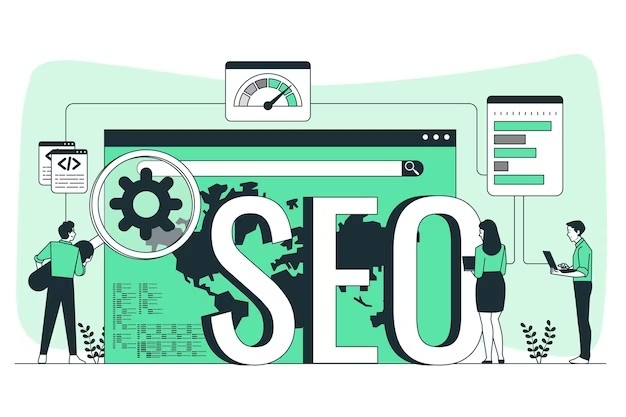Technical SEO is necessary to ensure search engines can easily crawl, index and rank your website. It includes tasks such as moz spam score checker ensuring that your website loads quickly, has a mobile-friendly design and avoids keyword cannibalization.
It also involves addressing issues such as duplicate content, broken links and canonical URLs. And it involves implementing structured data markup, which allows for rich snippets in search results that increase your visibility.
Crawlability
When technical SEO is done well, search engines can easily navigate and interpret websites. This allows them to add pages to their indexes and display them in search results.
Crawlability is also important because it ensures that search bots are able to access all of the content on your website without encountering any problems. This includes things like avoiding duplicate content and ensuring that your URLs are properly structured.
It’s also essential to make sure that your site runs on HTTPS, which is a ranking signal and helps protect user data. Additionally, it’s important to optimize for mobile devices by reducing loading times and ensuring that your pages are easy to navigate on all types of devices. Tools like Google Page Speed Insights and GTmetrix can help you identify areas for improvement. Additionally, the all-in-one SEO tool Serpstat has a built-in technical audit that can find errors that affect your site’s performance. It can also provide you with tips on how to improve these issues.
Speed
When it comes to enhancing your site performance and crawling, speed is one of the most important technical SEO elements to consider. A slow-loading page not only frustrates users, it also makes search engines less likely to rank your site highly in search engine results pages.
To boost your website’s loading speed, you need to optimize all aspects of your web architecture. That includes minimizing the size of your images, limiting your HTTP queries, and using a fast hosting server. You also want to use caching, which reduces the number of times your code and assets are re-sent over the internet.
A well-optimized technical SEO strategy can help you create a site that’s easy for Google to understand, and it can improve your ranking in organic search results. To get started, run a technical SEO audit of your site, which will identify errors that need to be corrected. You can use tools like PageSpeed Insights and GTmetrix to analyze your site’s load time and pinpoint areas for improvement.
Security
Technical SEO is the underlying infrastructure that makes it possible for search engine bots to crawl and index pages. If the bots cannot find and understand your site, they will not rank it in search results. To make this happen, your website needs to be properly set up.
In addition, the site should be designed with security in mind. This includes implementing SSL/HTTPS, which improves security and leads to a higher ranking. It is also important to limit the use of 3rd party scripts that add loading time and requests to your page.
Although many people believe that technical SEO is difficult and confusing, it is actually a very important aspect of any SEO strategy. Without it, your site will likely be buried under the competition. In fact, Ruth Burr Reedy, director of strategy at UpBuild, emphasized the importance of technical SEO at PeepCon 3.0 in Manila earlier this year. You can see the slides and photos from her presentation here and here.
Usability
Regardless of how well you optimize your on-page elements for relevant keywords or how fast your website loads, your site won’t rank high if search engines can’t access its pages. That’s why technical SEO is critical for any business that wants to achieve organic search engine success.
Technical SEO covers all the aspects of your website and server infrastructure that improve its crawling, indexing, and performance. This includes implementing structured data markup, optimizing your URL structure, and making sure your site is mobile-friendly.
Websites that are easy to navigate and load quickly provide a good user experience for visitors and boost the chances of ranking higher in SERPs. Investing in technical SEO best practices is important for all businesses that want to see long-term results from their organic search efforts. A comprehensive technical SEO strategy also helps prevent potential issues that can damage your site’s ranking. For example, using pagination to display content series can create duplicate web pages and negatively impact your search engine visibility.

